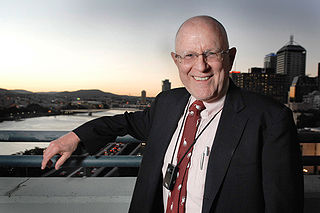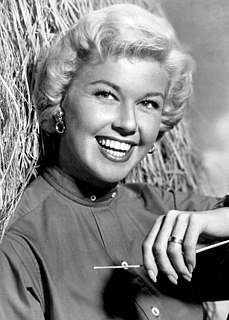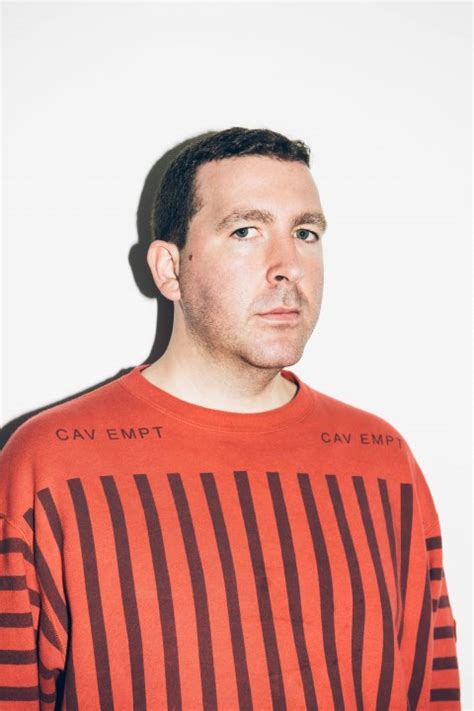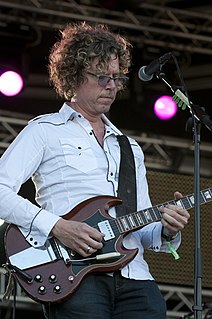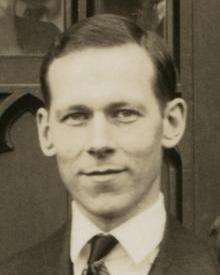A Quote by Gordon Bell
Every big computing disaster has come from taking too many ideas and putting them in one place.
Related Quotes
Ideas come mostly bottoms-up. They come when you have a free flow of ideas and you have people able to combine multiple ideas into one concept... And you've got to have competition, too. You've got to say, 'We're going to have 10 different ideas, nine of them are going to fail, and the one that does the best is going to move forward.'
If anything, my problem is, I'm not a genius, it's just that I can write songs very quick. I have a lot of ideas, let's put it that way - I have too many ideas. And my problem is, I stockpile ideas and I get lazy and I don't finish them, and next thing I know, I'm looking around and I've got a hundred song ideas, but are any of them any good? I don't know.
I would like to emphasize strongly my belief that the era of computing chemists, when hundreds if not thousands of chemists will go to the computing machine instead of the laboratory for increasingly many facets of chemical information, is already at hand. There is only one obstacle, namely that someone must pay for the computing time.
